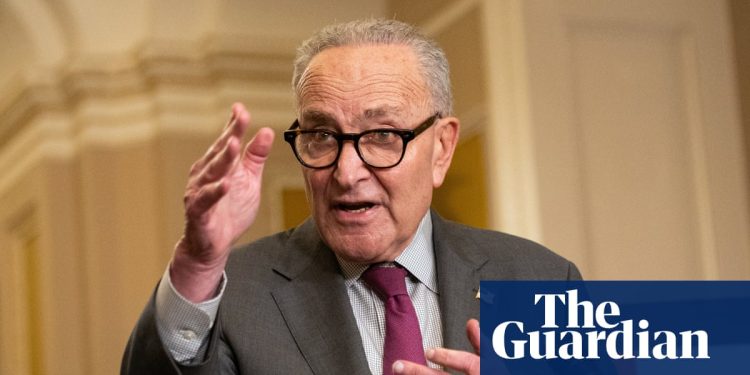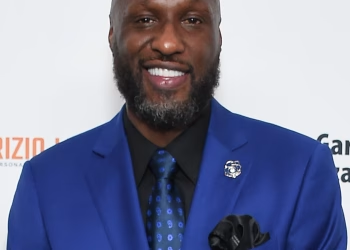The impasse over ending the U.S. government shutdown deepened further on Wednesday, with senators once again rejecting competing bills to revive funding, while Democrats and Republicans remain focused on their demands to reopen federal agencies.
Lack of funding has forced federal government offices, national parks and other operations to close or scale back operations, while employees have been furloughed. Signs of strain have increased in recent days in areas of the federal government that have remained operational, with staff shortages reported at U.S. airports as well as air traffic control centers. Further disruptions could come next week, when remaining U.S. military personnel and other federal workers won’t receive paychecks unless the government reopens.
When the Senate met Wednesday afternoon, it became clear that sentiment had not changed in the eight days since the lockdown began. For the sixth time, Democratic and Republican proposals to revive funding failed to receive enough support to move forward, and no senator changed their vote in recent days.
Democrats are demanding that any bill to fund the government be paired with a package of health care-focused provisions, including an expansion of premium tax credits for Affordable Care Act (ACA) plans. These expire at the end of the year and costs are expected to increase for the approximately 20 million members of these plans if they are not renewed.
Donald Trump sought to pressure Democrats to accept the Republican Party’s proposal, which would extend funding until November 21 only. On Tuesday, the White House Office of Management and Budget released a memo saying federal workers were not entitled to back pay, despite a 2019 law saying they should be.
Republican House Speaker Mike Johnson cast a chill on that prospect at a news conference the next day, saying, “I think it’s a statutory law that federal employees be paid. And that’s my position. I think they should be.”
The two parties have also remained insensitive in their demands. The House of Representatives passed the GOP bill last month on a near party-line vote, and Johnson has since kept the chamber out of session in an effort to force Senate Democrats to approve it.
During his press conference, the speaker claimed that the Senate’s leading Democrat, Chuck Schumer, opposed the Republican bill for fear of a primary challenge from the “communists” in his party.
“They are worried about the Marxist side of their Democratic Party,” Johnson said.
“He’s afraid of being challenged by his far left. I noticed that Chuck Schumer is a far left politician, but he’s not left enough for the communists, and they’re coming for him, and so he has to support his dukes and fight.”
In a speech on the Senate floor, Schumer once again criticized Republicans for refusing to negotiate on Democrats’ health care demands. Senate Majority Leader John Thune said he would discuss the ACA tax credit issue, but only when government funding is restored.
“We can do both: fix health care and reopen government. It’s not an either-or solution, like the Republicans are doing. The American people don’t like that,” Schumer said.
While rank-and-file lawmakers from both parties appear united around their leaders’ strategies, the Republican Party suffered a high-profile defection Monday when far-right Rep. Marjorie Taylor Greene backed tax credit negotiations. However, since then, no other Republican has publicly joined him.
Jen Kiggans, a Virginia Republican lawmaker representing a swing district, has received bipartisan support for legislation that would extend the appropriations for another year and is seen as a potential compromise in the funding impasse.
At a news conference Tuesday, top House Democrat Hakeem Jeffries called the idea “unsustainable.”
“It was introduced by the same people who simply permanently extended massive tax breaks to their billionaire donors,” Jeffries said, referring to the One Big Beautiful Bill Act that Republicans passed this year without Democratic votes.









